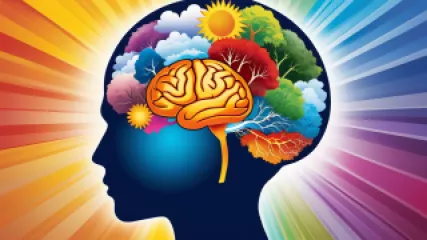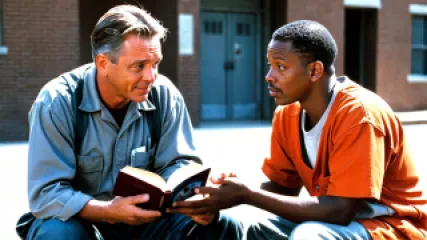My Journey as an Athlete: Developing a Winning Mindset
1 year ago
Psychology Of Sport
How to Overcome Negative Thinking: A Step-by-Step Guide for a Positive Mindset
1 year ago
Overcoming Negative Thinking
7 Relationship Lessons from Your Favorite Movies
1 year ago
Relationship Health
What "The Matrix" Can Teach Us About Reducing Screen Time
1 year ago
Reducing Screen Time
Lessons from "Crisis Counseling" in Film: Insights for Real-Life Intervention
1 year ago
Crisis Intervention
Exploring the Psychology of Pain: An Interview with Dr. Emma Watson
1 year ago
Psychology of Pain
How Gift Giving Affects Mental Health: A Step-by-Step Guide
1 year ago
Psychology of Gift Giving
10 Best Online Therapy Options for Trauma Recovery
1 year ago
Trauma
My Journey with Psychoeducation: Unlocking the Power of Self-Understanding
1 year ago
Psychoeducation
The Ultimate Guide to Psychoeducation
1 year ago
Psychoeducation
Overcoming Setbacks: An Interview with a Life Coach
1 year ago
Handling Life Setbacks
5 Powerful Lessons from 'The Shawshank Redemption' for Effective Crisis Intervention
1 year ago
Crisis Intervention
7 Powerful Strategies to Overcome Negative Thinking and Improve Mental Health
1 year ago
Overcoming Negative Thinking
Overcoming Adversity: My Resilience Journey
1 year ago
Resilience
Understanding Strategies for Overcoming Life Setbacks
1 year ago
Handling Life Setbacks















